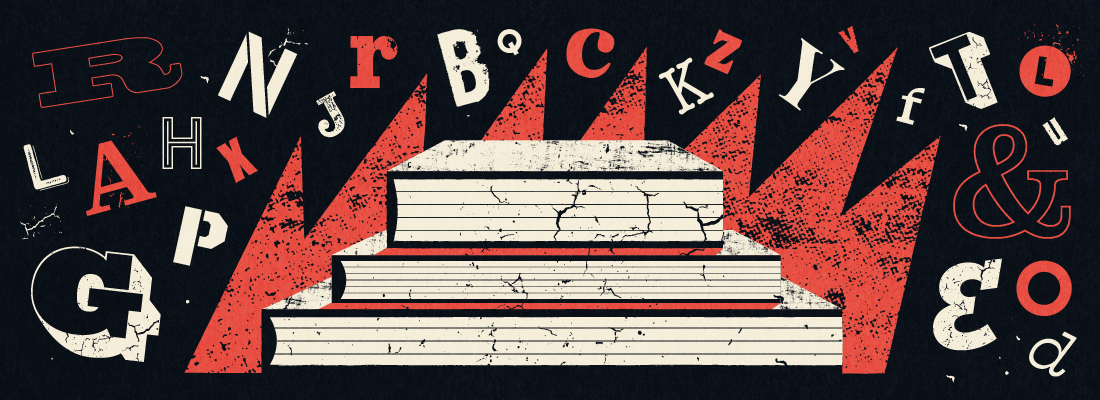
As an anthropology and archaeology student, I learn about differences all the time. Different people, belief systems, cultures, languages, foods and histories — different everything. To put it simply, I learn that there are very few universal truths in the world and that, sometimes, what is strange for me is just a regular Tuesday afternoon for somebody else.
Even more so, what is morally wrong to me may be morally right to someone else.
This discrepancy illustrates the problem with book banning and censorship.
Book banning has existed for thousands of years as a response to published content that opposes the beliefs and practices of certain groups, governments and individuals. Book bans have resulted in books being taken off shelves, erased from curriculums and discouraged from selling to dampen their messages.
It wasn’t until the dawn of the Modernist movement when the boundaries of content being written were expanded. Authors at the time began exploring new themes and ideas that went against the grain, provoking conversation and critique of what book banning truly means.
To me, banning books feels like a dreary dystopia where critical thinking is muffled and understanding is dimmed. It creates a feedback loop that funnels information to fit a specific narrative with no room for any opposing thought to challenge it.
A shining example of the dystopia that book banning can lead to is the premise of the novel Fahrenheit 451 by Ray Bradbury. The novel is about a world where books are banned and burned for the purposes of maintaining peace in society and discouraging free thinking.
The destruction of knowledge in the world Bradbury writes results in the inevitable collapse of this oppressive society and highlights the dangers of tailoring information because it discourages the production of knowledge and ideas — the bases of power.
In a real-world example of book banning, the Library of Alexandria was a universal library, containing the research, findings and philosophies of neighbouring countries that helped expand the worldview of the people at that time. And when the library was tragically pillaged and set on fire, half a million documents and hundreds of years of information were destroyed with it.
A more recent example of the censorship of stories was the challenging and banning of the novel The Hate U Give by Angie Thomas in 2017. Some people believed that it used vulgar content and offensive language to depict the realities of Black experiences in America. The novel, however, has remained on the New York Times bestseller list for over 240 weeks and made strides in addressing police brutality and racism.
On the flip side of this, consuming and understanding opinions and beliefs that go against your own ways of thinking are incredibly important. It can build your understanding and compassion or help build an argument to challenge it.
For example, Lolita by Vladimir Nabokov sparked controversy soon after its publication in 1955 for its obscenity and narrating the sexual relationship between an adult man and his prepubscent stepdaughter.
However, its controversial content does not mean that we shouldn’t be allowed to read it. Encountering differing opinions and stories is a part of life.
When it comes to some published content, one could argue that the content is problematic, attacks a specific marginalized group or pushes for an unpopular ideology, but my statement still stands. Muffling selected voices, regardless of their messages, is a slippery slope.
In trying to appeal to the freedom of conscience and expression, voices are silenced based on others’ beliefs and opinions.
That’s not to say that the freedom of expression will not be met with consequences, but determining what is right and what is wrong is different in everyone’s books.
So where do we draw the line?
It is our own responsibility to consume what we wish, and if it upsets or offends us, we can either put the book down or challenge these stories or messages being conveyed with our own.
Minimizing selected voices will minimize our understanding of the world and the people in it.
Whether you agree or disagree with the content and themes of fictional stories, those stories still paint a very real picture of the world we live in.
—
This op-ed was written by a University of Saskatchewan undergraduate student and reflects the views and opinions of the writer. If you would like to write a reply, please email opinions@thesheaf.com. Rayyann Haque is a fourth-year undergraduate student studying Archeology and Anthropology, and is a Staff Writer at The Sheaf Publishing Society.
Graphic: Jaymie Stachyruk | Graphics Editor
Leave a Reply